is there a way to read rv water tank level when the gauge is not working
Is there a way to read rv water tank level when the gauge is not working? Check the RV front hood and instrument panel temperature to check the water level in the water tank. The following is a partial introduction: 1. Check the water level: (1) Observe the upper and lower scales of the antifreeze water bottle and keep the water level in the middle. (2) Open the front hood to check if there is a shortage of water and fill the water tank. (3) If the temperature gauge on the dashboard is too high, most of the water tanks are short of water. 2. Attention: Generally speaking, the antifreeze should be replaced after driving 20000 kilometers or a year. When there is no antifreeze, do not add tap water. The coolant in the RV water tank is not water, but anti boiling and anti freezing coolant. It cannot be added to tap water. As long as the coolant is added between the lower and upper lines, it cannot be fully filled.
When adding water, slowly open the water tank cover and keep the staff away from the water inlet as much as possible to prevent burns caused by high-pressure steam sprayed from the water inlet. In winter, to avoid core rupture caused by freezing, such as prolonged or indirect shutdown, water tank covers and drain switches should be used to release all water. The effective environment for backup radiators should be kept ventilated and dry. According to the actual situation, users should thoroughly clean the radiator core once within 1-3 months. When cleaning, rinse with clean water along the opposite side of the wind direction. Regular cleaning can prevent the radiator core from being blocked by dirt, affecting the heat dissipation performance and service life of the radiator. The water level gauge should be cleaned every three months or depending on the actual situation; Remove all parts and clean with warm water and non corrosive cleaning agent.
Regularly clean the RV cooling system. In daily maintenance, it is recommended that friends regularly (before hot weather) clean the heat dissipation system. If dust and debris accumulate on the radiator for a long time, it will basically affect the heat dissipation performance of the radiator; Of course, it is best to conduct a comprehensive inspection of the entire cooling system, including thermostats, electronic fans, etc.,
 English
English 
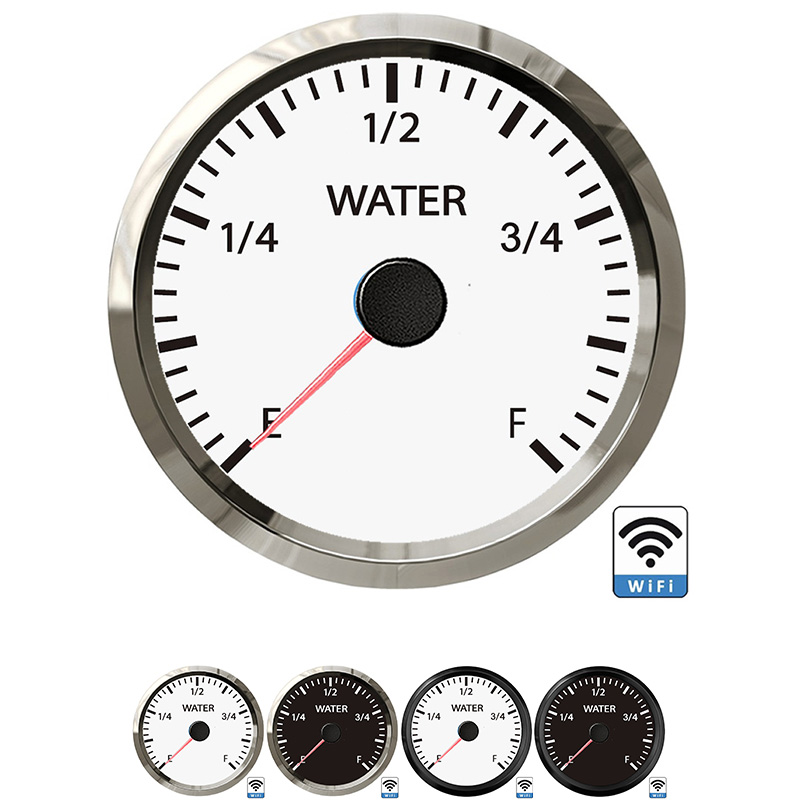
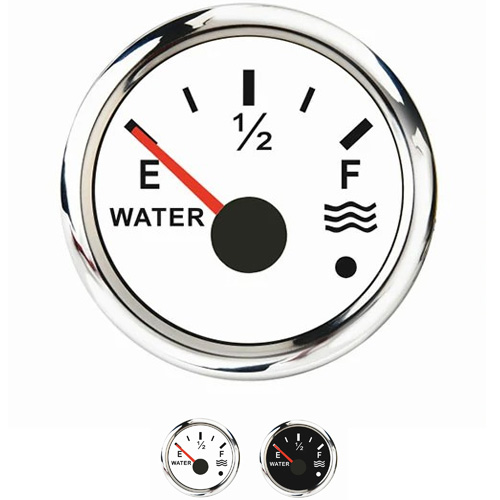
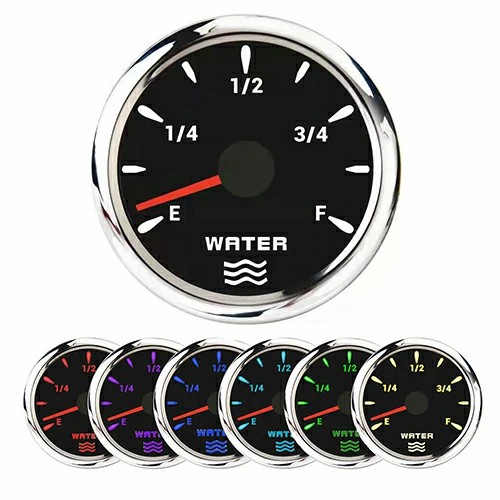
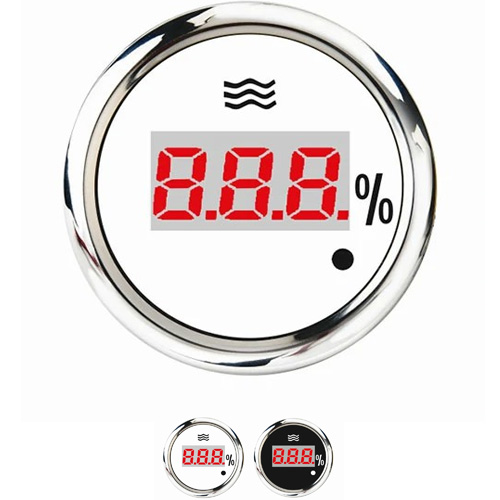
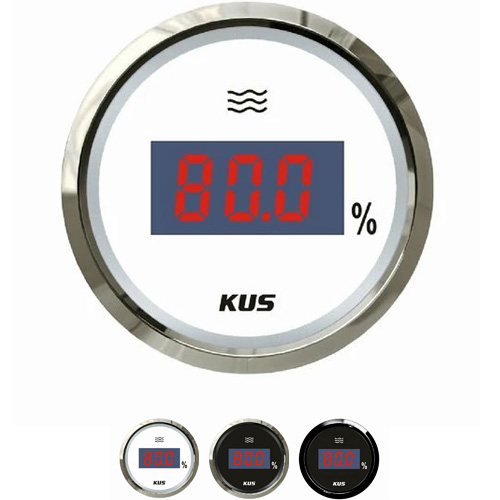
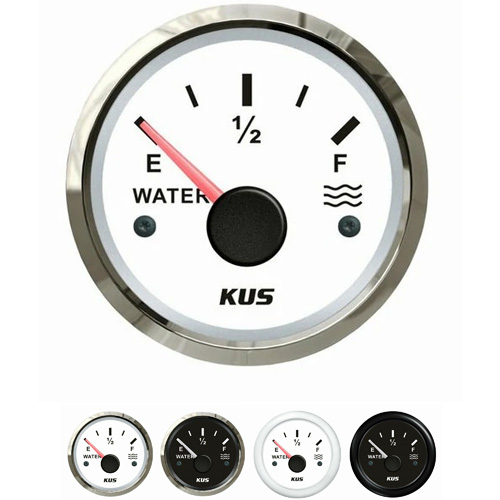
Get a Quote / Info